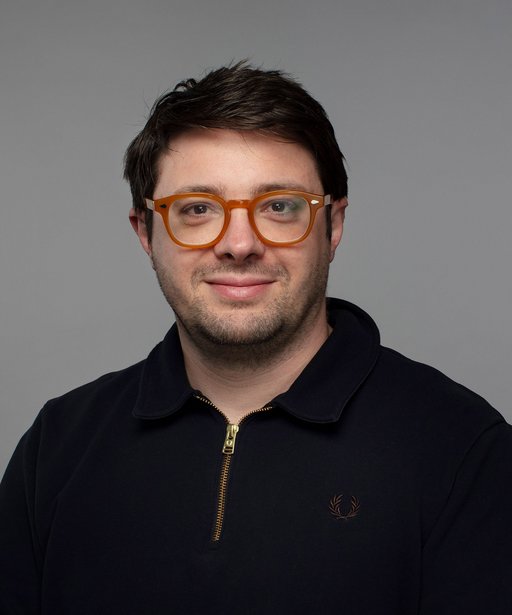
by Ankita Atrey
3 March 2025 · 4 min read
In October 2024, Andrea Paudice joined Aarhus University as a Tenure-Track Assistant Professor in the Algorithms, Data Structures and Foundations of Machine Learning group. With a strong background in machine learning theory and optimization, his research revolves around developing noise-resilient algorithms that have impact in real-world applications, particularly in fields like cybersecurity, life-science, and safety-critical domains.
Andrea's academic journey began in his hometown of Naples, Italy, before moving to Imperial College London for a Master of Research, where he honed his skills and deepened his research expertise. He earned his Ph.D. in 2022 from Università degli Studi di Milano "La Statale", where he studied supervised and unsupervised learning under various noise models. Afterward, he spent three years as a postdoc, working on machine learning methods, noise resilience, and cybersecurity at the Italian Institute of Technology and the University of Milan.
Can you tell us about your current research?
My research lies at the intersection of machine learning and optimization, particularly in designing robust algorithms that perform well despite noise. Noise is a major challenge in machine learning, both ubiquitous in modern datasets and sometimes deliberately added to enhance privacy or compensate for limited data. While state-of-the-art algorithms often offer strong theoretical guarantees, they can be too complex for practical use. I aim to develop simpler, more practical methods that, while obtaining near-optimal statistical performances, are easy to implement, computationally efficient, and work well in real-world applications.
What are the most significant challenges in your research?
One key challenge in my research is designing algorithms that can handle various types of noise. Another is creating a mathematical model general enough for real-world scenarios but not too complex to analyze. Balancing generality with practicality is crucial for both theoretical soundness and real-world application. Additionally, simplicity is a key factor—while complex algorithms can manage noise, they may be difficult to implement. My goal is to develop practical, simple solutions that maintain strong statistical performance.
What is the social impact of your research?
My research's social impact lies in the broader adoption of machine learning technologies in critical applications, enabling - even in these domains - the positve transformation that AI technologies have already generated in other areas. By developing algorithms that can reliably and certifiably handle noise, my work enables the deployment of machine learning in areas such as self-driving cars, healthcare, and transportation. This will increase these systems' overall safety and quality, ultimately benefiting society by making these technologies safer and more dependable.
For example, in the case of self-driving cars, ensuring that machine learning systems are resilient to noise will help make them more reliable, reduce the risk of accidents, and improve public trust in autonomous transportation.
What do you like to do outside of your research?
Outside of work, I enjoy spending time with my girlfriend and our dog, going on long walks and hiking. I like also collecting Lego sets, and love reading novels and essays in my free time. I'm also an avid fan of Norway, a country I try to visit at least once every two years. Its natural beauty and culture never fail to inspire me, and I highly recommend exploring it for anyone who enjoys breathtaking landscapes and unique experiences.
What motivated you to choose Aarhus University?
Aarhus University has an excellent reputation for its Computer Science department and the research group I joined. It's one of the best places in Europe for my field. Additionally, I was drawn to the department's great work-life balance, which I believe is crucial for long-term success.